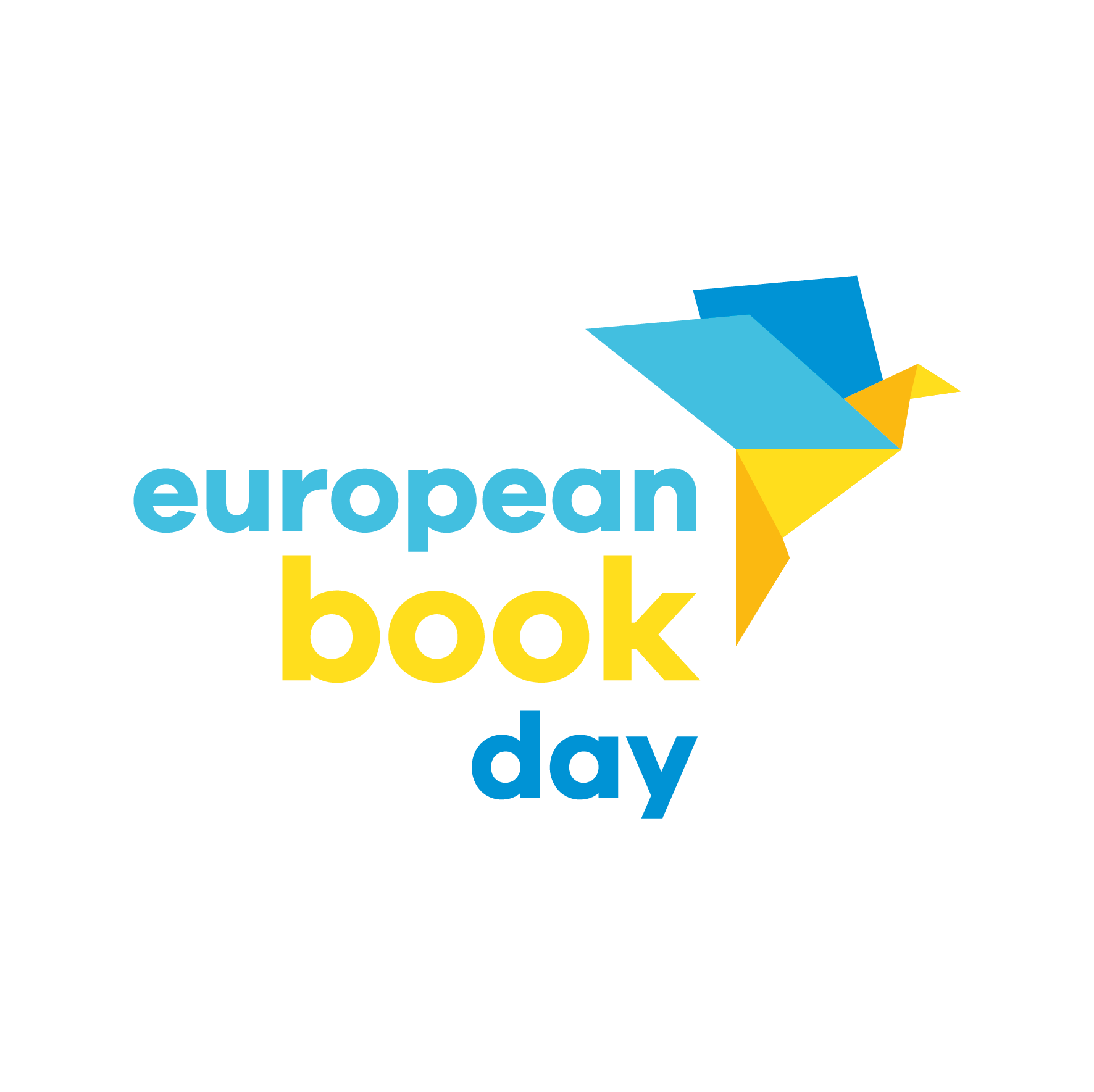This project aims and endeavours to combine secondary-school students’ interest in reading skills (‘smart reading’) with an ability to make sense of goings-on in public life and society. It has the further ambition to encourage students’ interest in classic and modern works of literature on the basis of which reading skills and an interest in social affairs can be developed.
A one-day seminar for educators with inquiring minds was held on each of 21 and 22 November 2016, at which teacher participants were asked the following questions: In your lessons, do you familiarize your students with works of classic literature? Do your students struggle to make sense of what they read and to approach reading matter critically? Do you lack activities that would link reading with other parts of a lesson/other classes? The content of the seminars was divided into two parts, one addressing works from the literary canon, the other pieces of journalism. The fiction part worked with the book A by Pavel Čech. Additional methodological procedures presented were for work with selected extracts (from works by Plato, George Orwell, Milan Kundera and Václav Havel), in which attentive readers succeeded in identifying populist and demagogic ideas. On the subject of contemporary journalism, seminar participants had the opportunity to test whether they could recognize ‘foul-play’ in the arguments of today’s politicians and advertising lobby. They were familiarized with interactive techniques for use in the teaching of Czech language and literature, civics and other subjects. Further, lesson content was analysed to ensure that participants would be able to work successfully with literary and journalistic texts once the course was over.
The seminars were led by the following experienced instructors:
Nina Rutová is a teacher of critical thinking, media education and ‘Havel in a Nutshell’ interactive seminars for secondary-school students. For the People in Need organization, she has created 40 lessons whose content emphasizes a link between education and active citizenship.
Mariana Chytilová is a special-education specialist whose principal focus is inclusion. She works for the People in Need organization.
Matěj Chytil is a lawyer and political scientist who has worked as an election campaign manager and a secondary-school teacher.
This year
We intend to develop our project that aims to strengthen young people’s general ability to find their way in society. In 2017, the programme will include seminars for teachers and educators (November) providing methodological grounding in (i) the detection of so-called foul-play or hoaxes in texts and (ii) work with relevant literature (eg. The White Disease by Karel Čapek). The Faculty of Arts of Charles University has expressed an interest in cooperating with us as part of its teacher-training programme.
Pavel Čech – A
A book without words; a book of many human stories; a comic book whose pictures encourage the asking of questions and a search for answers; a book with a thrilling story and a happy ending; a book about the dictatorship of the letter ‘A’. This story about a boy with the number 21868 on his beret is set in a city in which all correct opinions are symbolized by the letter ‘A’. ‘AAAA’ resounds from loudspeakers; ‘A’ appears in the city’s emblem, on flags waved by children, on banners, on every book in every bookstore window, even on meal vouchers; the only letter taught in schools is ‘A’; ‘A’ is expressed in modern architecture; people chant its sound, the newspapers are full of it; eye tests are performed using different sizes of the letter ‘A’ only. ‘A’ is a joke, a threat, the past, an exaggeration, an absurdity, and, most of all, all these things together.
The book’s boy hero lives in the strange atmosphere of a grey city in which every day is the same and hostile in its details. The boy works in a factory, where the day’s only moment of relief is provided by his snack break, when he goes outside and sits behind the factory’s chimney. Swifts fly high in the freedom of the sky. The boy climbs the chimney, dreaming that he, too, can fly. In the distance, beyond the walls that enclose the city, he sees (and we see with him) a very different landscape – a world filled with colour. What impression will this discovery make on the boy? We know that at home he is building a bicycle with wings and a propeller. How does the author develop this theme? What gives the story its momentum? Here’s how the story goes on: the boy looks on as the home of a neighbour who lives across from him is inspected; the boy sees anger in the faces of the guardians of order, and he sees the neighbour throw a paper aeroplane from a window just before he is arrested. The next day, by (un)fortunate coincidence, the boy finds the paper aeroplane and opens it; all that is written inside is the letter ‘B’ – so little, yet it means so much. The boy tells his colleagues in the assembly shop what he has seen; this is a mistake – by means of a great jumble of listening devices, wires and cameras, the guardians of order get to hear everything. The hero realizes that his life is now at stake. There follows a thrilling, movie-style chase, the pursuing commando shoots at the boy, and then … we see what a homemade aircraft can do. The boy gets further and further away, until he achieves his escape!
Together with the boy, we find ourselves in the world beyond the high wall.
The book now glows with the brilliant colours of this new world, as a whole and in its details. But this is not the end of the story.
This beautiful realization must be shared with those who have remained behind the high wall. The boy returns on his aircraft to hover above the grey city, where he drops, from a great height, books containing all the letters of the alphabet in many colours.
